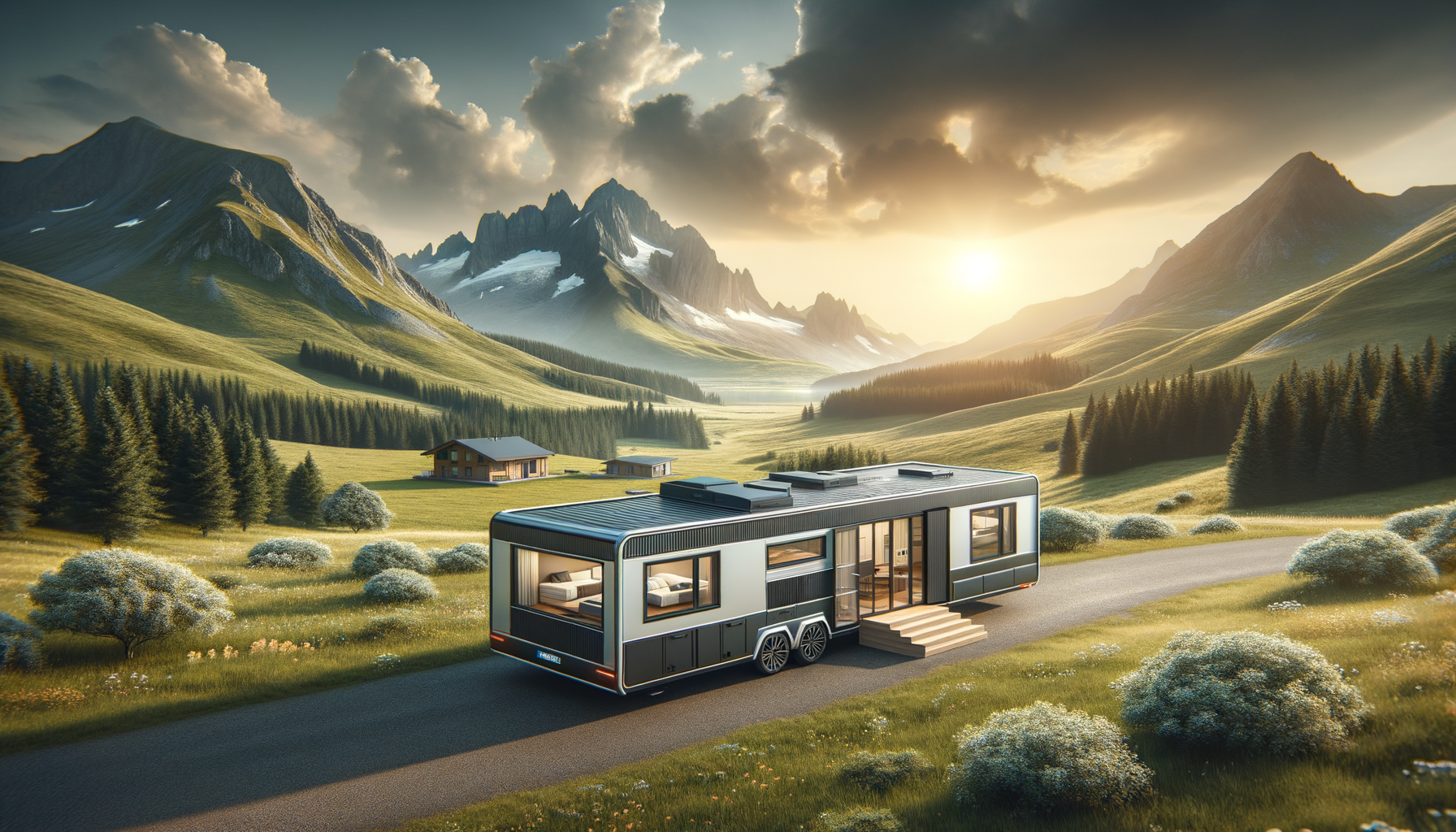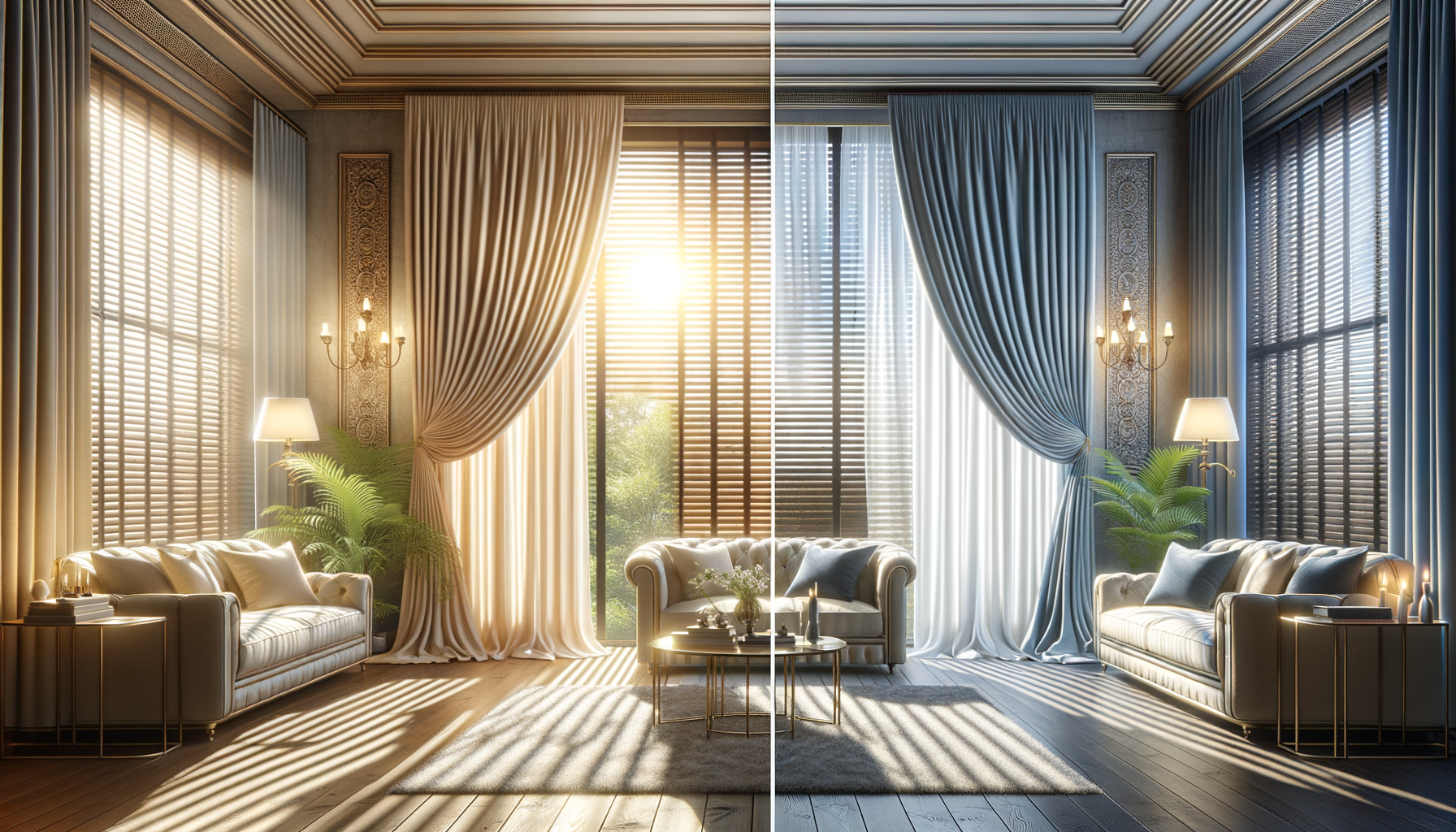The Evolution of Mobile Homes: A Modern Marvel
Mobile homes have come a long way from their humble beginnings as simple trailers. Today, they represent a sophisticated and flexible housing option that appeals to a diverse range of people. The evolution of mobile homes into modern marvels has been driven by technological advancements, innovative design, and a growing demand for sustainable living options.
One of the most significant changes in mobile homes is their design. Modern mobile homes are now available in a variety of styles, from compact chic models perfect for singles and couples, to spacious family-friendly designs that offer multiple bedrooms and bathrooms. This diversity in design means that there is a mobile home to suit almost every lifestyle and budget.
Technological advancements have also played a crucial role in the evolution of mobile homes. Many of today’s models are equipped with smart home technology, allowing residents to control lighting, heating, and security systems remotely. This not only adds convenience but also enhances safety and energy efficiency.
Furthermore, the shift towards sustainability has influenced the materials and construction methods used in mobile homes. Many manufacturers now prioritize eco-friendly materials and energy-efficient designs, which not only reduce the environmental impact but also lower utility costs for residents.
In summary, the evolution of mobile homes reflects broader societal trends towards flexibility, sustainability, and technological integration. As these homes continue to evolve, they are likely to become an increasingly popular choice for those seeking an affordable and adaptable living solution.
Affordability and Financial Benefits
One of the most compelling reasons people choose mobile homes is their affordability. Compared to traditional houses, mobile homes offer a cost-effective alternative without sacrificing comfort or style. This affordability allows more individuals and families to achieve the dream of homeownership.
Firstly, the initial purchase price of a mobile home is typically much lower than that of a traditional home. This lower cost is due to the efficient manufacturing processes and smaller size, which require fewer materials and labor. Additionally, mobile homes often have lower property taxes, as they are classified differently from traditional homes in many jurisdictions.
Another financial benefit of mobile homes is their lower maintenance costs. Modern mobile homes are built with durable materials that require minimal upkeep, reducing the long-term expenses associated with home maintenance. Moreover, many mobile home communities offer amenities such as maintenance services, further alleviating the burden on homeowners.
Mobile homes also provide flexibility in terms of financing options. Many lenders offer specialized loans for mobile homes, which can be easier to qualify for compared to traditional mortgages. This accessibility to financing makes mobile homes an attractive option for first-time homebuyers or those with limited budgets.
Overall, the affordability and financial benefits of mobile homes make them an appealing choice for a wide range of individuals. Whether you’re looking to downsize, simplify your living situation, or enter the housing market for the first time, mobile homes offer a practical and economical solution.
Design and Customization: Tailoring Your Space
One of the standout features of modern mobile homes is the ability to customize and design the space to fit personal preferences. Unlike traditional homes, which may come with limitations due to existing structures and layouts, mobile homes offer a blank canvas for creativity and personalization.
Mobile home manufacturers now provide a wide array of design options, allowing buyers to choose everything from floor plans to interior finishes. This level of customization ensures that each mobile home can be tailored to meet the specific needs and tastes of its occupants. Whether you prefer a minimalist aesthetic or a more traditional look, the options are nearly endless.
In addition to aesthetic choices, mobile homes can be equipped with a variety of modern amenities and features. For instance, many models offer open-concept living spaces, high ceilings, and large windows to maximize natural light. Kitchens can be outfitted with state-of-the-art appliances, and bathrooms can include luxurious touches like spa-like showers and soaking tubs.
Furthermore, mobile homes can be easily expanded or modified as needs change. This flexibility is particularly appealing to growing families or those who anticipate needing additional space in the future. Adding a deck, sunroom, or additional bedroom is often simpler and more cost-effective than similar renovations in a traditional home.
Ultimately, the design and customization options available in mobile homes make them a versatile and attractive choice for anyone looking to create a personalized living environment. The ability to tailor your space ensures that your mobile home can truly feel like a reflection of your unique lifestyle and preferences.
Sustainability and Environmental Impact
As environmental concerns continue to grow, the sustainability of housing options has become a key consideration for many prospective homeowners. Mobile homes offer several advantages in terms of sustainability and environmental impact, making them an appealing choice for eco-conscious individuals.
Firstly, mobile homes are typically constructed using fewer resources than traditional homes. Their smaller size means that less material is required for construction, reducing the overall environmental footprint. Additionally, many manufacturers prioritize the use of sustainable materials, such as recycled steel and eco-friendly insulation, further minimizing the environmental impact.
Energy efficiency is another significant advantage of mobile homes. Modern designs often incorporate energy-saving features such as high-efficiency windows, solar panels, and energy-efficient appliances. These features not only reduce the environmental impact but also lead to lower utility bills for homeowners.
Moreover, the mobility of these homes allows for strategic placement to maximize natural resources. For instance, positioning a mobile home to take advantage of natural light can reduce the need for artificial lighting and heating. This adaptability contributes to a more sustainable living environment.
Finally, the reduced land usage associated with mobile homes can contribute to preserving natural habitats and reducing urban sprawl. By occupying smaller plots, mobile homes leave more land available for green spaces and natural ecosystems.
In conclusion, the sustainability and environmental benefits of mobile homes make them an attractive option for those seeking to reduce their ecological footprint. As awareness of environmental issues continues to rise, mobile homes offer a practical solution for sustainable living.
Community Living: A Sense of Belonging
Beyond the physical aspects of mobile homes, the sense of community they often provide is another significant draw for many individuals. Mobile home communities offer a unique living experience, fostering a sense of belonging and camaraderie among residents.
Mobile home parks and communities are designed to facilitate interaction and connection among neighbors. Many communities offer shared amenities such as clubhouses, swimming pools, and recreational areas, providing opportunities for socializing and community events. These shared spaces encourage residents to engage with one another, creating a supportive and friendly environment.
Another advantage of community living is the security it offers. Mobile home communities often have security measures in place, such as gated entrances and neighborhood watch programs, providing peace of mind for residents. This added layer of security can be particularly appealing to families and older adults.
Additionally, the affordability of mobile homes allows for a diverse range of residents, from young families to retirees. This diversity enriches the community, offering a variety of perspectives and experiences. Many residents find that living in a mobile home community provides a strong sense of connection and support, enhancing their overall quality of life.
Finally, the flexibility of mobile homes means that residents can easily relocate if desired, without losing their sense of community. Many mobile home parks have sister communities across the country, allowing residents to maintain connections even if they choose to move.
In summary, the community aspect of mobile home living is a significant benefit that contributes to the overall appeal of this lifestyle. For those seeking a supportive and engaging living environment, mobile home communities offer a unique and rewarding experience.




Leave a Reply